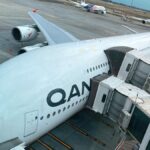
Qantas: spending AU$40 million a week to almost not fly at all
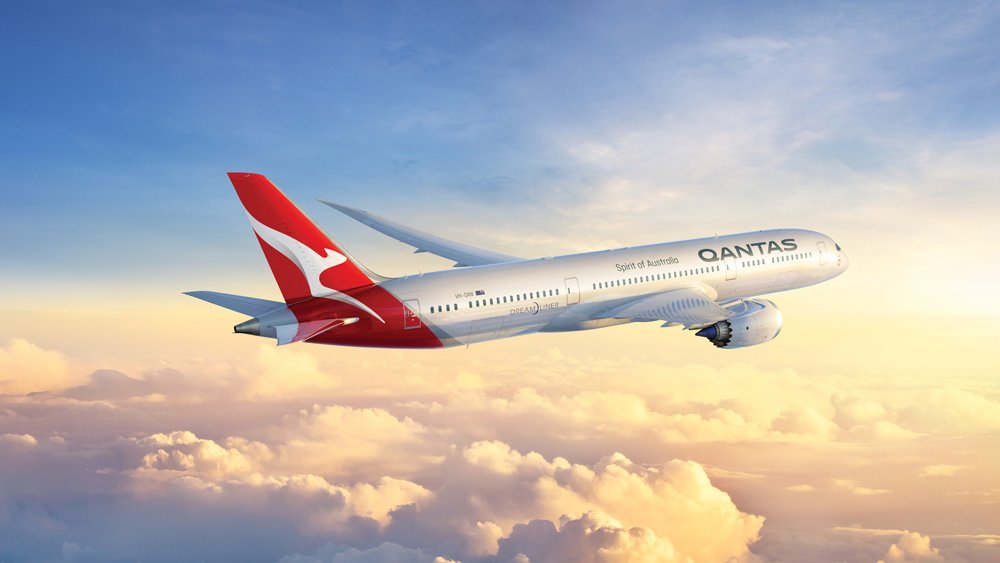
Qantas isn’t taking any chances. It already has the AU$1 billion it raised in March up its sleeve against the pandemic, and has just raised another AU$550 million secured against 3 Boeing 787’s it owned outright. Effectively it has mortgaged the planes.
Content of this Post:
Mortgaging Aircraft
Qantas was in a good financial position when this pandemic hit, and it has now bolstered that twice, giving it a total of over AU$1.5 billion of new debt to get it through the Pandemic.
First it mortgaged 7 Boeing 787-9 aircraft it owned in full, to raise a little over AU$1 billion, and now it has mortgaged another 3 to get another half billion, making a total of 10 out of the fleet of 14 Dreamliners.
The airline still has aircraft worth AU$2.7 billion without debt. Aircraft it could still mortgage to raise additional funds to see it through the pandemic.
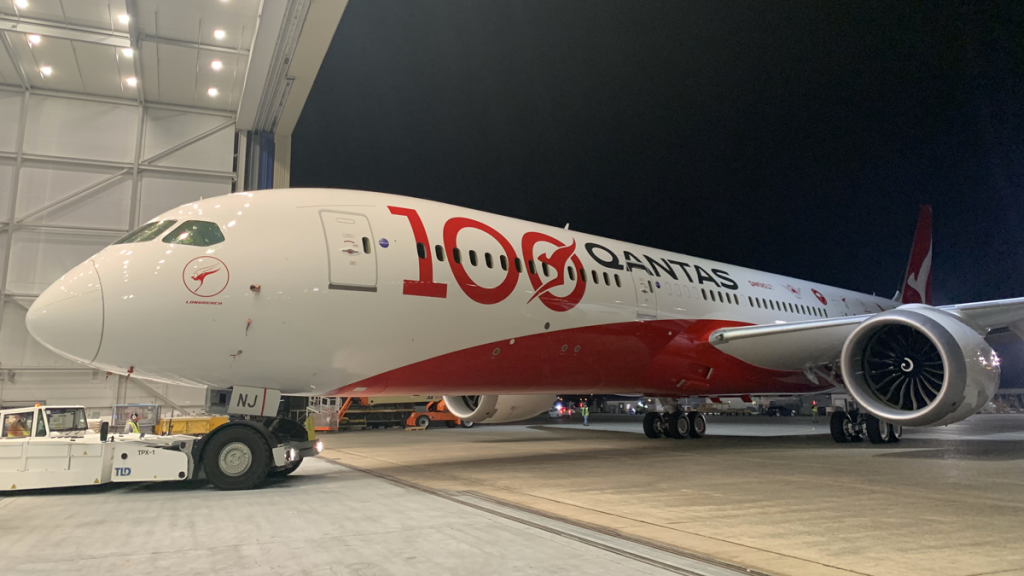
All cashed up and nowhere to go
Qantas is claiming that it has enough cash or access to cash to see it through until December 2021 under current operating conditions. That’s basically another 18 months. Those ‘current conditions’ include losing about AU$40 million a week into the future from June.
Before June, Qantas has had to spend a bit more than that, as it had an AU$250 bond repayment to make, and its employees have been taking their leave entitlements as requested, so that’s cost a bit, before the JobKeeper payments kicked in.
More flight cancellations for May to July 2020
Flights are currently running at 5 % of pre-crisis levels for domestic travel, and 1% for international travel, measured on an Available Seat Kilometre basis. If you swap the measurement over to Flying Hours, then the numbers become 13% of pre-pandemic rates for domestic (75% of pre-pandemic rates for resources sector charters) and 6% for international.
Qantas (including Jetstar) will extend existing flight cancellations – currently to end of May 2020 – as follows:
- Domestic flights – cancellations extended to end of June 2020
- Trans-Tasman flights – cancellations extended to end of June 2020
- International flights – cancellations extended to end July 2020
The airline is acknowledging that state and federal government restrictions on domestic flights may be lifted as soon as July. It only needs a week’s notice to increase capacity to accommodate such a change.
“We’re expecting demand recovery to be gradual and it will be some time before total demand reaches pre-crisis levels. That means we need to think about what the Qantas Group should look like on the other side of this crisis in order to succeed. Fleet, network and capital expenditure will all have to be reviewed but our commitment to serve communities across Australia will not change.”
Qantas Group CEO Alan Joyce
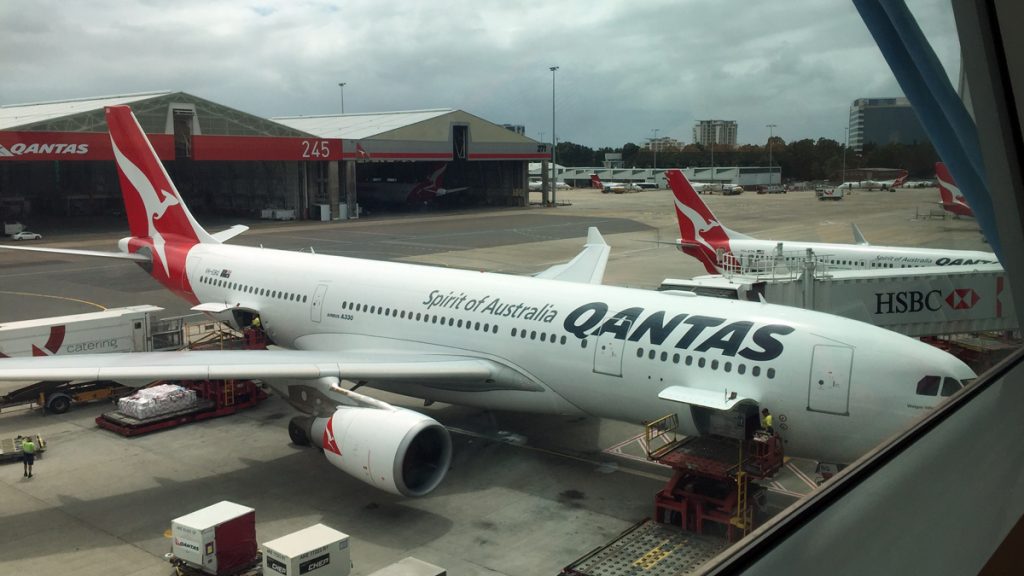
Staff Stand downs
These will be extended to the end of June, although Qantas has made use of the Federal Governments JobKeeper program which effectively pays stood down employees AU$1500 per fortnight. Enough to put bread on the table, and hopefully pay the mortgage.
Employees have also been granted early access to leave entitlements, and according to Qantas, some employees have a stack of accumulated leave to draw on, which if used will drop off the balance sheet.
For Customers
Qantas will be contacting those affected by flight cancellations in June and July, so you don’t have to be proactive unless you want to. If you booked through a travel agent or third party site, then best contact them pre-emptively.
Split a credit over multiple flights
This is a great improvement to the flight credit provisions for customers. Under the old rules, you had to expend a flight credit on a flight of equal or greater value. You could spend it on a flight of lesser value, but you didn’t get a refund for the difference in price.
With this new change, you can spend your credit over multiple future bookings. This will be a boon to any customers who booked a big international trip, say to Europe in business, and now want to apply that credit to flights say, in the proposed Trans-Tasman bubble that is being discussed today by Australian and New Zealand governments. Given that full-on International travel for most of us is still a long way in the distance, the ability to split the credit over multiple bookings will allow customers to use their credit sooner rather than later. Remember most credits will expire in December 2021 (currently).
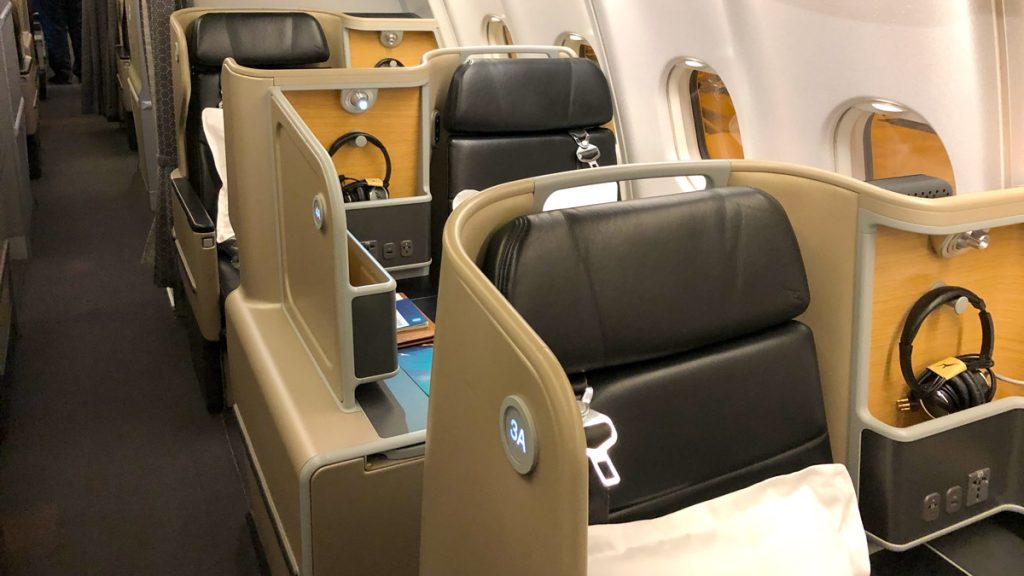
Fuel Hedging – you may well yawn, but this is important!
Qantas has quite a skill at this. With fuel being the single largest operational cost for an airline, its important to guard against significant fluctuations, which is what ‘hedging’ does. It ‘flattens the curve’ for fuel prices. However when fuel prices plummet, which they have done lately – if your locked into a higher price through hedging, you could lose a shit-load.
The hedging gnomes at Qantas were a bit clever, and closed out their over hedged positions in early April, which capped their hedging losses, as the price of fuel went through the floor late in the month.
Qantas Loyalty – earn on the ground, spend in the sky
Interestingly, the latest statement from Qantas points out that two-thirds of Qantas Frequent Flyer points are earned from non-flight activity (‘on the ground’) by the scheme’s 13 million members. But, a survey of those members indicates that 85% of them are basically hoarding their points, with the intention of spending them on flights as soon as conditions allow. Stop looking at me!
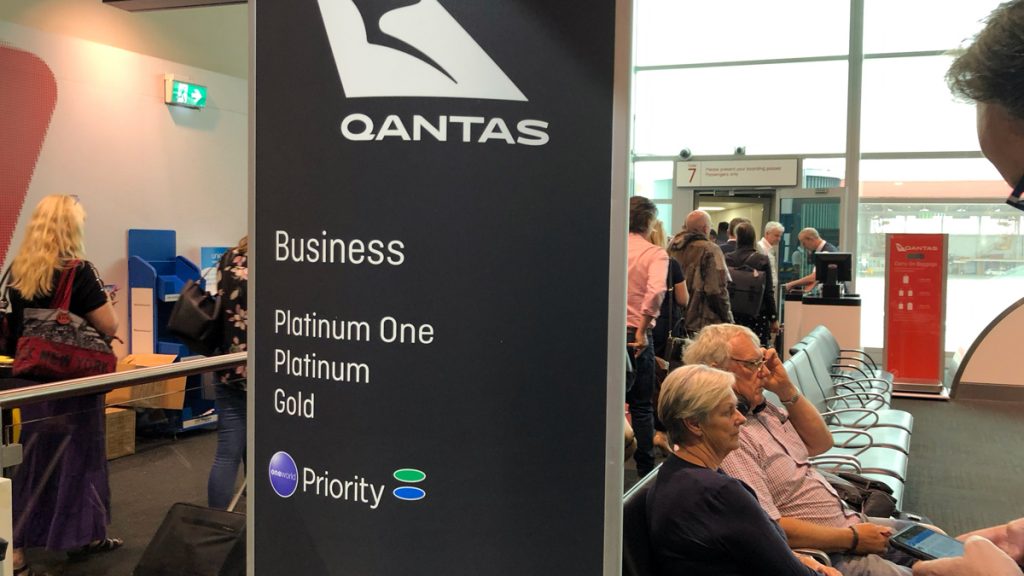
2PAXfly Takeout
This is another timely reminder to wear your seatbelt when seated. Holding you close to your seat will protect you from the sort of injuries sustained on this flight, when unsecured passengers flew to the ceiling of the aircraft, and then came crashing down once the ‘drop’ ceased.
The hope will be that this is an anomaly – a ‘freak accident’ in casual parlance. If it is a systemic error either mechanical or electronic, then this is a larger concern for the airlines that fly Boeing Dreamliner 787 aircraft. Let’s hope it isn’t. If it is, it will pile on the woes to Boeing’s existing stack.
The statement ‘crows’ a bit – especially in comparison to its competitor Virgin Australia currently in voluntary administration. On the other hand, Alan Joyce probably has a right to shout a bit about the success of Qantas in this time of crisis. Despite some very controversial moves including grounding the airline back in October 2011, he has done a very good job of turning a badly run airline into a well run one, with sound financial footing – in fact, job-ready to deal with the current pandemic-driven crisis in aviation.
He deserves a bit of a pat on the head for that.

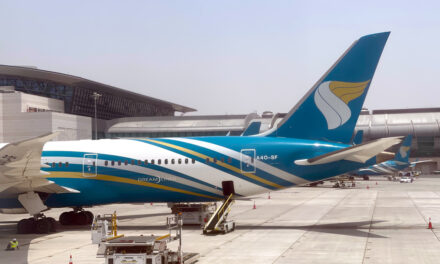
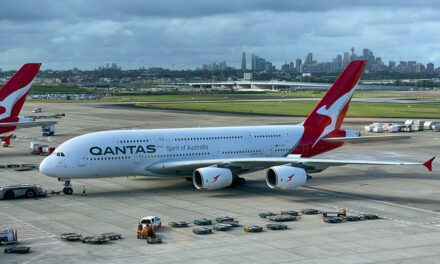

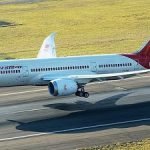


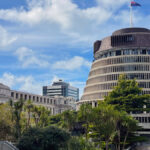

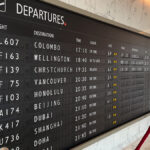
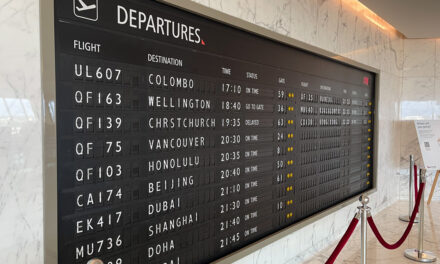






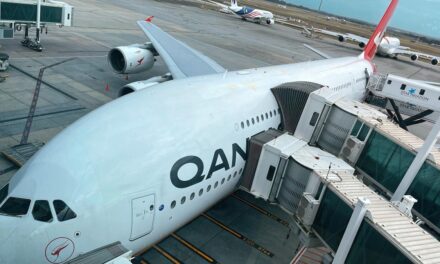

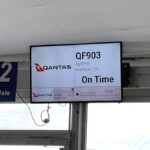
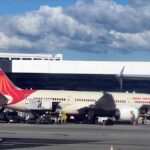

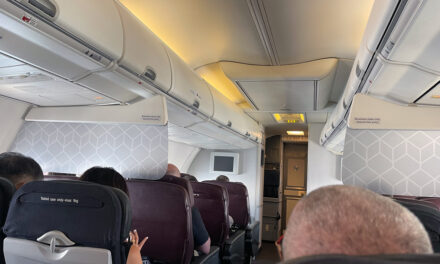





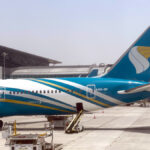

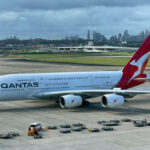



What did you say?